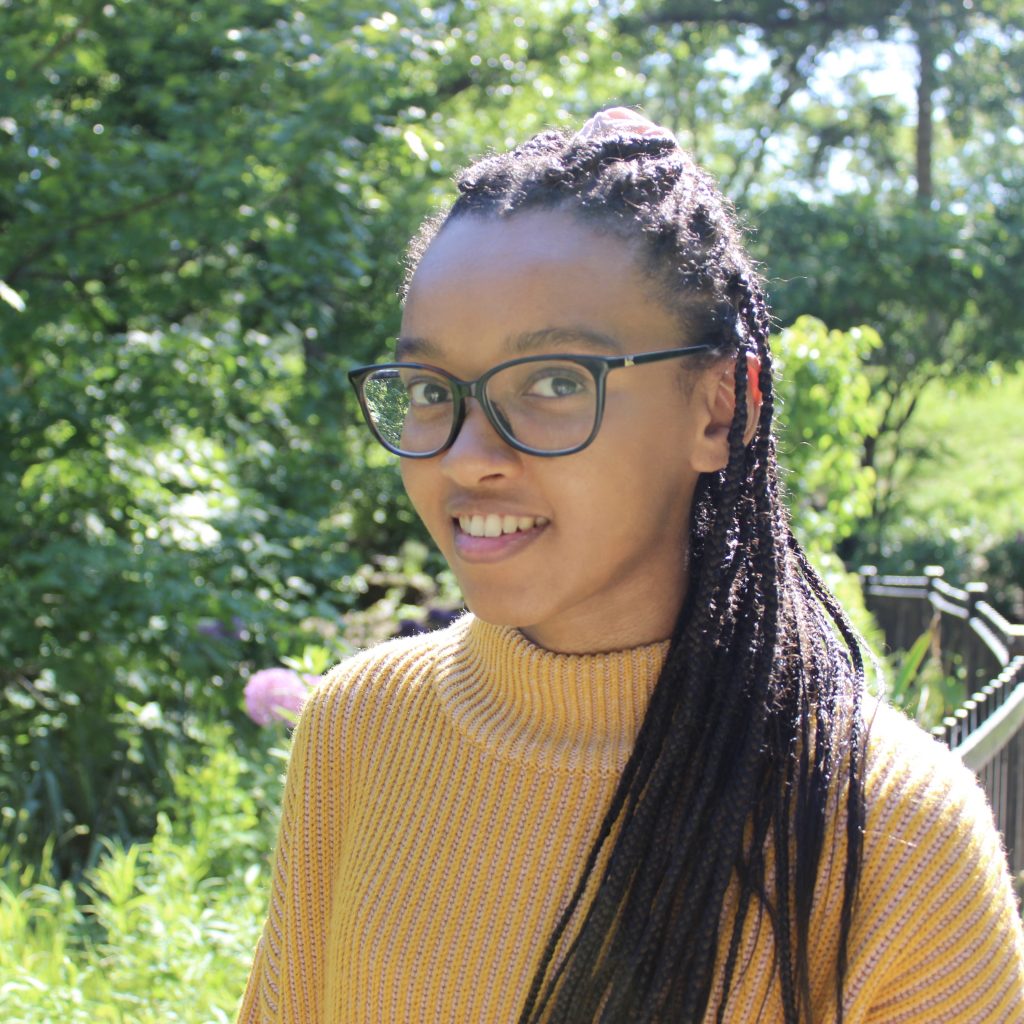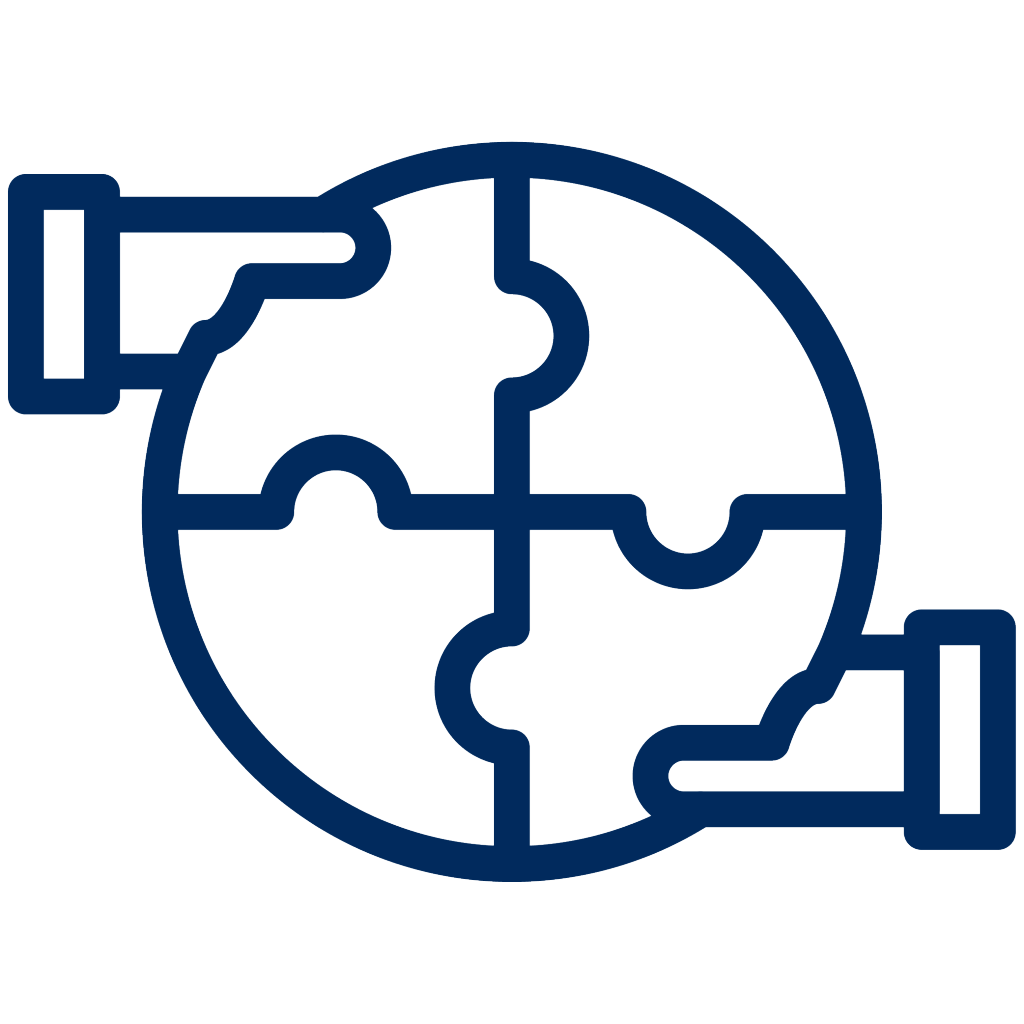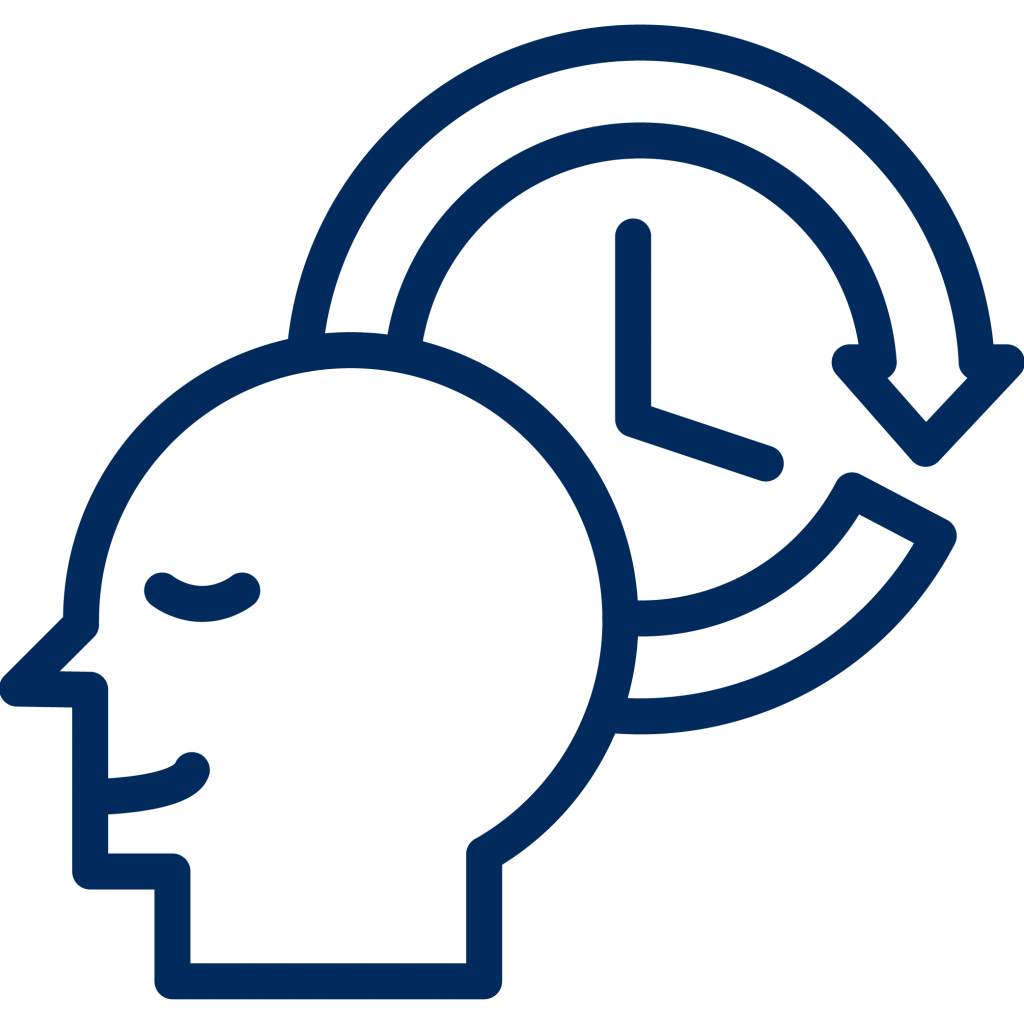Revisiting the Domains of Innovation

Written by Carla Alexander, Content Writer
So much has changed within the past year — not only within the world, or the university, but within the Innovation Hub as well. As the Innovation Hub progressed throughout the pandemic, our projects have highlighted new and continuing issues students navigate, such as flourishing in online classrooms or maintaining connectiveness online. With this context in mind it’s important to begin thinking about the tools that guide, frame, and inspire our work, including the most important one of all: the Domains of Innovation.
Nurturing Student Creativity
By Betelehem Gulilat, Lead Editor & Writer

What does it mean to be creative? At first thought, you may think of artists, designers, musicians as creatives, and indeed they are. However, being creative is more abstract than we imagined it to be. An entire field of creative studies exists that has dated back to the 1930s, simply dedicated to understanding the concept of creativity 1.
Delving into the Digital Campus: Let’s Talk About it – the Pandemic Hasn’t Been Easy
What’s Your Greatest Comeback Story?
In Community: the Importance of Reflection & Meaningful Work
By Betelehem Gulilat – Lead Editor & Writer

ZOOM, lockdown and asynchronous. These are some of many words that come to mind for this academic year. It’s also been a year of many firsts. Many more students have been attending classes remotely, campuses have transformed, and the Class of 2020 has celebrated their graduation virtually in their homes within their bubbles.
The uncertainty unearthed many concerns for the future both near and far. Whether its deciding where to study or spend time with friends, or travelling amongst a sea of students, losses have been felt all around. For others, the pandemic might have also felt like an unexpected gift to reflect on what’s important. Perhaps it’s been a mix of everything, too! We have seen these realities in our work, both through research projects and in our own teams. Reflection on what we have accomplished this last year not only helped us learn from our experiences, but it also reaffirmed why holding space for meaningful work is so important.
Learning by Doing At The Innovation Hub
Using Design Thinking Mindsets For Rapid Change

With restrictions in place in many of our communities being flexible and responsive to new ideas has become essential. By finding creative ways to work around limitations, design thinking has come to the forefront. Organizations (like the Innovation Hub) are using design thinking to solve their own unique set of challenges, and nurture mindsets that inspire change. Since the lockdown, our Leadership Team has been navigating and responding to internal challenges in new ways and are continuing to do so – many of which are explored in this post.
Failing Forward: Embracing Failure In Our Work

No matter how many times failure comes knocking at your door, it can feel like a stranger you don’t want to welcome in. Failure looks different for everyone, but the way we perceive it is often similar – a feeling of defeat after expending time and effort on a specific task. Although it sounds cliché, failure is a valuable learning tool. It presents an opportunity to put yourself out there and be vulnerable by attempting something for the first time. In fact, many organizations are beginning to adopt this practice of ‘failing forward’, a term coined by John C. Maxwell, as a mindset of separating mistakes from self-worth and intentionally stepping into unfamiliarity to seize more from life. At the Innovation Hub, failure has not only been welcomed but embraced in the work that we do. It is an essential part of solving complex problems to help us expand on our ideas and pivot towards the side of innovation. Much of our work won’t be where it is today without embracing failure.
Transforming the Instructional Landscape: Moving Towards Learner Centric Design in Times of Change
By Philippa Gosine, Senior Research Assistant

Through our user-centered consultations, we’ve realized that learning spaces are extremely personal and important places for the people that use them. Instructors and students have a strong sense of ownership over their classrooms and want to see their individual needs and preferences in the design of learning spaces.